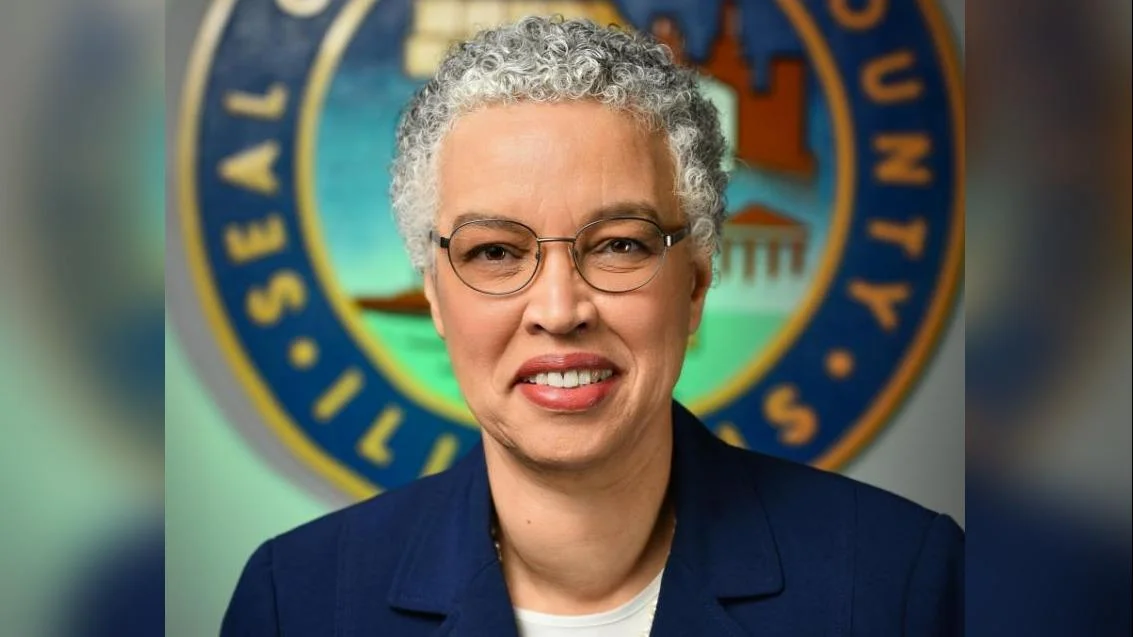The term "persona non grata" is a Latin phrase meaning an unwelcome or unacceptable person. It first came to my attention during childhood in Jamaica when the government declared someone persona non grata, effectively banning them from returning to the island. This memory resurfaced recently when on March 14th, the US Secretary of State declared the South African ambassador persona non grata. The expulsion was based on accusations that the ambassador harbored negative sentiments towards America and its president.
When a diplomat is declared persona non grata, they are typically given 48 hours to leave the host country and cannot return once expelled. In this instance, Ambassador Ebrahim Rasool's comments at an online seminar led to his expulsion. He stated, “the MAGA movement was partially in response to worries about demographic change and a future when white Americans would no longer be the majority.”
This commentary aligns with existing demographic projections in the United States, indicating a shift in racial dynamics where the white population is decreasing while other groups are increasing. By 2030, it is projected that white Americans will become a minority.
The situation raises questions about freedom of speech and whether it has become conditional upon not criticizing the government. The message conveyed by Ambassador Rasool echoed sentiments expressed within communities of color but perhaps gained attention due to his position.
Beyond diplomatic circles, those deemed unwelcome often face deportation or removal to countries willing to accept them. Immigrants have historically faced such treatment in the US across different administrations.
The notion of being unwelcome extends beyond international diplomacy into various societal sectors, including religious institutions like churches. Historically, these entities have labeled enslaved individuals, women challenging norms, LGBTQIA+ persons, people with disabilities, and even economically disadvantaged individuals as unwelcome or unacceptable.
In 2009, during a flight conversation from Detroit to Amsterdam, I encountered concerns from a fellow passenger about his children's future opportunities as white Americans potentially becoming minorities. His apprehensions reflected stereotypes about minorities and fears of experiencing similar treatment without advocating for positive change for those he did not wish to associate with.
Ambassador Rasool's analysis parallels what I heard years ago—a recognition of shifting demographics prompting fear among some groups about losing their status and facing potential oppression.
The truth requires courage—both within society and religious contexts—to address why individuals are marginalized or deemed unacceptable. Ultimately, no one should be labeled as unwelcome either inside or outside places of worship; all are created equal in God's image.
 Alerts Sign-up
Alerts Sign-up






